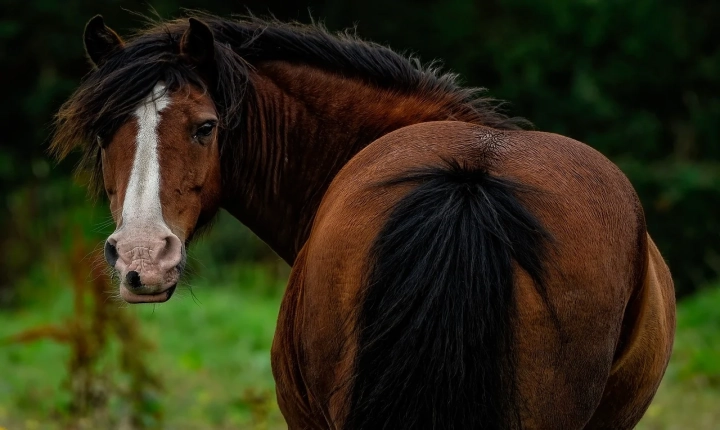The rise of artificial intelligence (AI) has brought about numerous debates and discussions around the potential impact of this technology on various industries. In recent years, the food industry has also been impacted by the infiltration of AI in various aspects of the food production and consumption process. Some argue that AI is taking over the food industry and revolutionizing the way we grow, produce, and consume food. However, others are wary of the implications and potential risks associated with the use of AI in this critical sector.
One of the most significant ways AI is making inroads into the food industry is through precision agriculture. AI is being used to optimize crop yields, monitor soil conditions, and manage water usage more efficiently. This can lead to increased productivity, reduced waste, and a more sustainable approach to farming. By utilizing AI-powered drones and sensors, farmers are able to gather data and make informed decisions that can maximize their resources and minimize environmental impact.
In food production, AI is being used to improve efficiency and safety. AI-powered robots are increasingly being utilized in food processing and packaging, reducing the need for human labor and minimizing the risk of contamination. These robots can work around the clock and perform tasks with precision and consistency, ultimately leading to higher quality food products.
Furthermore, AI is also making headway in personalized nutrition and food preparation. By analyzing an individual’s unique dietary needs and preferences, AI algorithms can recommend personalized meal plans and recipes. This personalized approach not only caters to the specific dietary requirements of individuals but also reduces food waste by ensuring that only the necessary ingredients are used.
However, the increasing dependence on AI in the food industry has raised concerns around job displacement and ethical implications. The use of AI in agriculture and food production may lead to a reduction in the demand for manual labor, potentially leading to job loss for farm workers and food processing employees. Additionally, there are ethical considerations regarding the use of AI in food-related decision-making. The reliance on AI algorithms to determine what food is produced, how it is distributed, and even what individuals should consume raises questions about who has control over these critical aspects of our lives.
Another concern is the potential for AI to perpetuate inequalities in access to food. As AI becomes increasingly integrated into the food industry, there is a risk that those who cannot afford the technology or access to AI-powered food solutions may be left behind, exacerbating food insecurity and disparities in access to nutritious food.
In conclusion, the integration of AI into the food industry has the potential to revolutionize the way we grow, produce, and consume food. It can lead to increased efficiency, improved sustainability, and personalized approaches to nutrition. However, it is essential to carefully consider the potential consequences and ethical implications of AI’s role in the food industry. Striking a balance between harnessing the benefits of AI while mitigating its potential drawbacks is crucial to ensure that AI enhances rather than takes over the food industry. With thoughtful consideration and responsible implementation, AI can be a powerful tool in creating a more sustainable, efficient, and inclusive food system.
